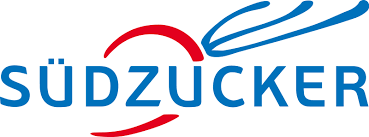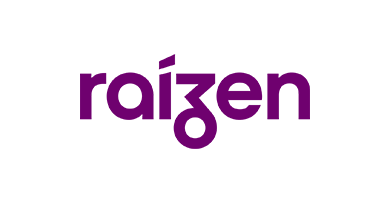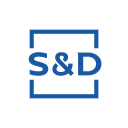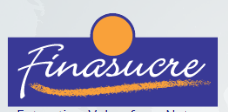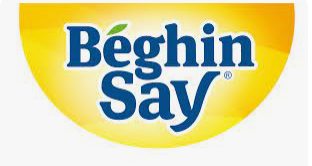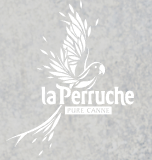Summary
The global sugar market has been experiencing major fluctuations due to overproduction and climate-driven harvest issues. In 2020, world sugar consumption reached 186.12 million tonnes, exceeding production and leading to a deficit, which, along with overproduction, triggered a decline in world prices. Asia dominates consumption, with India and China leading at 26.40 and 16.46 million tonnes respectively 2020. The market is highly volatile and heavily influenced by Brazil, which swings between sugar and ethanol production based on profitability. The top 10 producers, including Brazil and India, contribute 75% of global production. Various sugar types are sold, with white sugar making up 70.6% of sales by value in France, while cane sugar claims 29.4%. Amidst declining sugar prices, the demand for organic and natural sugars is on the rise, with alternatives like agave syrup and coconut sugar seeing significant sales growth.
The European sugar sector, particularly in France, confronts challenge quota removal, which has prompted market restructuring and factory closures despite France being a leading producer in Europe. Ethanol, especially Superethanol-E85, has emerged as a growing outlet for sugar, buoying the sector. The French market has seen a turnover drop due to overproduction, with market shifts inclining toward organic and more health-conscious sweetening options. Despite these challenges, the onset of the COVID-19 pandemic in the 2020/2021 campaign adds complexity with issues such as beet jaundice and debates around the use of neonicotinoids impacting the start of the sugar campaign.
Navigating Through the Sweet and Sour: Trends in Sugar Market Demand in a Transforming Landscap
The sugar market in France has been experiencing a period of transformation, characterized by fluctuating demands, evolving consumer preferences, and regulatory changes that leave a bittersweet taste for producers and consumers alike. Observing the demand dynamics within the French sugar market reveals shifting patterns and a clear pivot towards more sustainable and health-conscious consumption choices. France stands as a significant player in the global sugar arena, with its production reaching nearly 3% of the world's output. However, this robust production environment has not been without its challenges.
The demand trends suggest a stable per capita consumption over the past 50 years, insinuating a steady growth when adjusted for population increases. Despite this apparent stability, the market has navigated through a crisis of overproduction and plummeting prices, particularly poignant after European market liberalization eliminated quotas. This led to a surge in supply and a subsequent drop in market value.
Global pressures also weigh heavily on the domestic market, with other sugar behemoths like Brazil and India contributing to the glut and intensifying competition. The French market, following global footsteps, saw a marked decline in sugar manufacturing sales by roughly 15% in recent years. In the realm of consumption, the prevalence of health awareness and environmental consciousness has led to a discernible shift. Organic food purchases in France have surged, with an escalation of around 13.5% in recent years, translating into a higher demand for ecological and responsibly sourced sugars. This reflects in the increasing cultivation of organic beet and the industry's push towards ecological packaging solutions.
The sugar market, nonetheless, remains highly concentrated, with major operatives holding significant market shares. Despite the overarching trend of decreased sugar consumption—a consequence of heightened health warnings and anti-sugar campaigns—alternatives like stevia and coconut sugar are gaining traction. This trend is underlined by the sales upturn of these substitutions, indicating an adaptable industry responding to the new wave of consumer preferences.
In conclusion, the French sugar market is navigating through a transformative period where traditional production and consumption practices are being reassessed. The market's resilience is being tested by global imbalances and internal demand shifts, prompting a gradual move towards more eco-friendly and health-oriented sugar options—a testament to an industry in metamorphosis.
Leading Contenders in the Global Sugar Industry
The sugar market hosts a variety of influential players, each with a significant role in shaping the industry landscape. Among them, the companies Südzucker, Mitr Phol, Tereos, Raízen, and ABSugar stand out for their substantial contributions to global sugar production.
- Südzucker (Germany): This German giant holds a prominent position in the European sugar market. Südzucker has an extensive operation, efficiently transforming sugar beets into a myriad of sugar products that meet the demands of both consumers and industries across Europe. With a well-established distribution network, the company not only assures wide availability of its products but also remains at the forefront of the sugar industry in Europe.
- Mitr Phol (Thailand): Rooted in Thailand, this Asian titan of sugar production has marked its presence on the international stage. Renowned for their commitment to sustainable practices, Mitr Phol specializes in producing sugar from sugar cane. Their operations span across several countries, ensuring a robust supply that contributes significantly to global sugar consumption and helps stabilize sugar supply in the Asia-Pacific region.
- Tereos (France): As a leading French agro-industrial cooperative, Tereos holds a commanding position both domestically and internationally. With a diversified portfolio that includes beet and cane sugar as well as derivative products like liquid sugars and special sugars, Tereos caters to a vast array of market needs. This adaptability has cemented their role as a top player in the global sugar value chain.
- Raízen (Brazil): Reflecting Brazil's critical influence in the sugar market, Raízen is a company that cleverly navigates between sugar and ethanol production. With the flexibility to switch based on market profitability, Raízen makes strategic use of Brazil's ample sugar cane crops, positioning itself as a dynamic and powerful entity within the global market.
- ABSugar (UK): Associated British Foods' sugar division, ABSugar, commands a significant share of the UK market and extends its reach beyond. Known for producing high-quality beet sugar, the company has set a benchmark for excellence within the sector. Its extensive network ensures reliable distribution, making it a key player in satisfying the sugar demands of various markets.
These companies have strategically positioned themselves to harness the ebbs and flows of the sugar market, reacting adeptly to global trends, regulatory changes, and consumption patterns. Despite the challenges of overproduction, fluctuating prices, and a competitive landscape that is constantly in flux,
to understand this market
Detailed content
 Inforamtion
Inforamtion
- Number of pages : 30 pages
- Format : Digital and PDF versions
- Last update : 10/11/2020
 Summary and extracts
Summary and extracts
1 Market overview
1.1 Presentation and definition of the sugar market
Sugar is a sweet flavor substance extracted from sugar plants .
The beets and the canes The majority of the sugar consumed in the world is produced from sugar, but it is possible to produce sugar in other ways, from coconut or maple trees for example.
The world sugar market is dominated by the Brazil and the India which alone account for a third of sugar production. The European Union is the world's third largest producer.
The world marketplace of sugar was estimated at 186.12 million tonnes in 2019 . For several years now, the sector has been characterised by a crisis of overproduction and a fall in prices s, accentuated in Europe by the quota ban in 2017 which led to an increase in supply and the alignment of European prices with world prices. In addition to the increase in European supply, the market is also suffering from foreign competition, notably from India and Thailand, which subsidise their industries.
France is following the global trend with a continuous decline in prices and sales from sugar manufacturing since 2017. In 2019 the market has thus declined by 14.8% in value .
However, France is the largest producer of beet sugar in the European Union . In France, sugar is produced from beet (in metropolitan France) or cane (West Indies, Reunion Island).
The French market is concentrated and dominated by French sugar groups Cristal Union and Tereos whose respective brands Daddy and Béguin Say are the most widely consumed in France. The company Saint Louis Sucre which was acquired in 2001 by the world's number one German company Südzucker is also very present in France.
The market is benefiting from growth levers, in particular the 'internationalization and the diversification and a strong dynamism in exports, with 2.6 million tonnes of sugar exported in 2019 . Finally, the organic segment and healthier innovations and alternatives are becoming increasingly successful, which market players can build on.
 List of charts
List of charts
- World sugar market size
- Geographical breakdown of sugar consumption
- Main sugar producing countries
- Répartition des ventes de sucre par type de sucre
- Valeur des ventes des alternatives au sucre
All our studies are available online in PDF format
Take a look at an example of our research on another market!
Latest news
Companies quoted in this study
This study contains a complete overview of the companies in the market, with the latest figures and news for each company. :
 Choosing this study means :
Choosing this study means :
Access to more than 35 hours of work
Our studies are the result of over 35 hours of research and analysis. Using our studies allows you to devote more time and added value to your projects.
Benefit from 6 years' experience and over 1,500 industry reports already produced
Our expertise enables us to produce comprehensive studies in all sectors, including niche and emerging markets.
Our know-how and methodology enable us to produce reports that offer unique value for money.
Access to several thousand articles and paid-for data
Businesscoot has access to all the paid economic press as well as exclusive databases to carry out its market research (over 30,000 articles and private sources).
To enhance our research, our analysts also use web indicators (semrush, trends, etc.) to identify market trends and company strategies. (Consult our paying sources)
Guaranteed support after your purchase
A team dedicated to after-sales service, to guarantee you a high level of satisfaction. +44 238 097 0676
A digital format designed for our users
Not only do you have access to a PDF, but also to a digital version designed for our customers. This version gives you access to sources, data in Excel format and graphics. The content of the study can therefore be easily retrieved and adapted for your specific needs.
 Our offers :
Our offers :
the sugar market | France
- What are the figures on the size and growth of the market?
- What is driving the growth of the market and its evolution?
- What is the positioning of companies in the value chain?
- Data from several dozen databases
Pack 5 études (-15%) France
- 5 études au prix de 75,6€HT par étude à choisir parmi nos 800 titres sur le catalogue France pendant 12 mois
- Conservez -15% sur les études supplémentaires achetées
- Choisissez le remboursement des crédits non consommés au terme des 12 mois (durée du pack)
Consultez les conditions du pack et de remboursement des crédits non consommés.
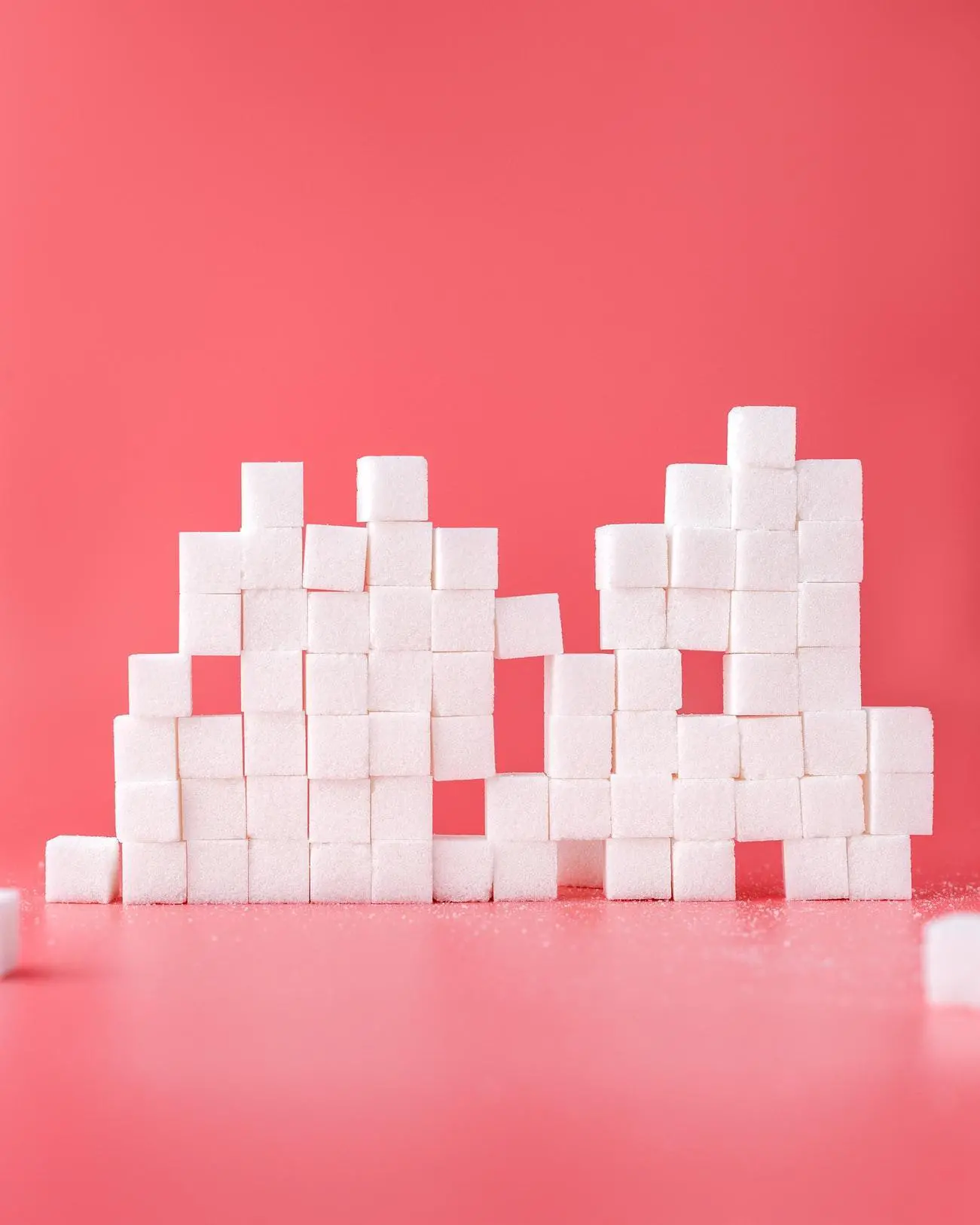




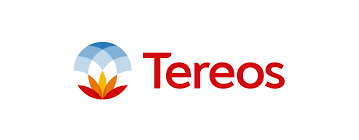 Closure of the Tereos Haussimont plant in the Marne department - 07/09/2023
Closure of the Tereos Haussimont plant in the Marne department - 07/09/2023
 Cristal Union's Sainte-Emilie sugar refinery invests in decarbonation - 04/09/2023
Cristal Union's Sainte-Emilie sugar refinery invests in decarbonation - 04/09/2023
